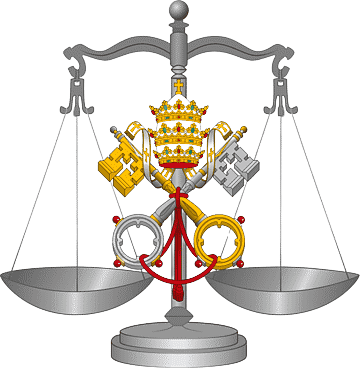
The other time we reflected as to why there should be rules in Church community. Today’s topic
reflects upon the purpose, scope, function and nature of Canon Law in the Church as a society.
G.J. Woodall outlines the purpose of Canon Law as to; assist the Church in fulfilling its task
which is to reveal and communicate God’s saving power to the world, create order in the
community, bring about tranquility and peace. The law can also be a teacher to the people, as the
Torah once was guiding the people of God toward the kingdom.
The scope of Canon law then pertains almost exclusively to the external forum, the arena of the
Church’s public governance, and not directly to the internal forum, or the arena of conscience. It
governs the external order of the Church, the public life of the faith community and does not
attempt to measure or compel personal conscience or moral judgments.
The functions of law in a society includes; to aid society in the achievement of its goals, to afford
stability to the society, to protect personal rights, to assist in the education of the community.
The nature of canon Law is that; the Church is a human community; it has an affinity with the
divine because it is an integral part of the Church as a Sacrament. In the law itself, human
prudence blends with divine wisdom in a close union but without fusion or confusion. Law
provides for human needs and it is bound to reflect the human qualities of the legislator. Cf. J.P.
BEAL, et al., (eds.), New Commentary Code of Canon Law, Commissioned by the CANON
LAW SOCIETY OF AMERICA, Theological Publications in India, Bangalore 2013, p. 2.

